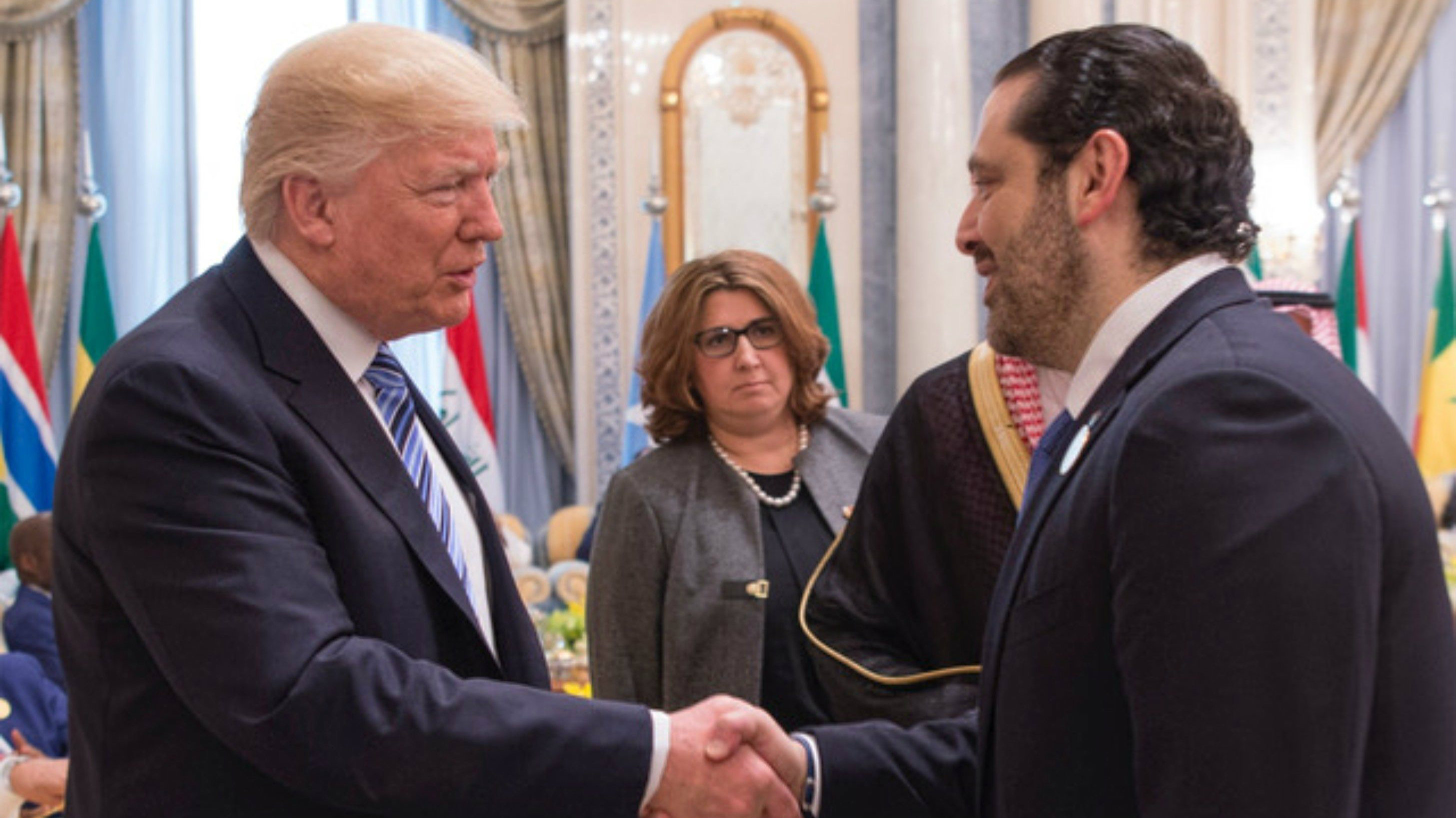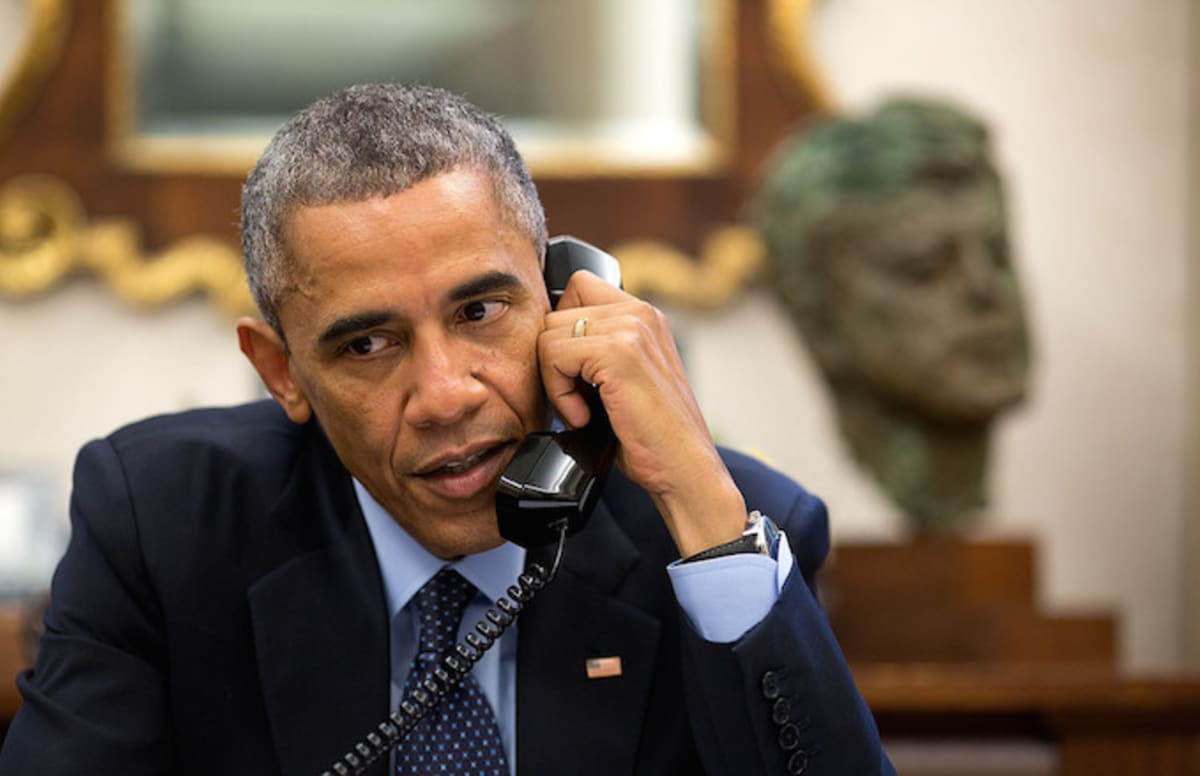In 2009, Gregory B. Jaczko was appointed to head the Nuclear Regulatory Commission by Barack Obama and his previous position was working for Harry Reid as his appropriations advisor as well as his science advisor.
TheHill: After the Obama administration approved the sale of a Canadian mining company with significant U.S. uranium reserves to a firm owned by Russia’s government, the Nuclear Regulatory Commission assured Congress and the public the new owners couldn’t export any raw nuclear fuel from America’s shores.
“No uranium produced at either facility may be exported,” the NRC declared in a November 2010 press release that announced that ARMZ, a subsidiary of the Russian state-owned Rosatom, had been approved to take ownership of the Uranium One mining firm and its American assets.
A year later, the nuclear regulator repeated the assurance in a letter to Sen. John Barrasso, a Wyoming Republican in whose state Uranium One operated mines.
“Neither Uranium One Inc. nor AMRZ holds a specific NRC export license. In order to export uranium from the United States, Uranium One Inc. or ARMZ would need to apply for and obtain a specific NRC license authorizing the exports of uranium for use in reactor fuel,” then-NRC Chairman Gregory Jaczko wrote to Barrasso.
The NRC never issued an export license to the Russian firm, a fact so engrained in the narrative of the Uranium One controversy that it showed up in The Washington Post’s official fact-checker site this week. “We have noted repeatedly that extracted uranium could not be exported by Russia without a license, which Rosatom does not have,” the Post reported on Monday, linking to the 2011 Barrasso letter.
Yet NRC memos reviewed by The Hill show that it did approve the shipment of yellowcake uranium — the raw material used to make nuclear fuel and weapons — from the Russian-owned mines in the United States to Canada in 2012 through a third party. Later, the Obama administration approved some of that uranium going all the way to Europe, government documents show.
NRC officials said they could not disclose the total amount of uranium that Uranium One exported because the information is proprietary. They did, however, say that the shipments only lasted from 2012 to 2014 and that they are unaware of any exports since then.
NRC officials told The Hill that Uranium One exports flowed from Wyoming to Canada and on to Europe between 2012 and 2014, and the approval involved a process with multiple agencies.
Rather than give Rosatom a direct export license — which would have raised red flags inside a Congress already suspicious of the deal — the NRC in 2012 authorized an amendment to an existing export license for a Paducah, Ky.-based trucking firm called RSB Logistics Services Inc. to simply add Uranium One to the list of clients whose uranium it could move to Canada.
The license, reviewed by The Hill, is dated March 16, 2012, and it increased the amount of uranium ore concentrate that RSB Logistics could ship to the Cameco Corp. plant in Ontario from 7,500,000 kilograms to 12,000,000 kilograms and added Uranium One to the “other parties to Export.”
The move escaped notice in Congress.
Officials at RSB, Cameco and Rosatom did not return repeated phone calls or emails seeking comment.
Uranium One’s American arm, however, emailed a statement to The Hill on Wednesday evening confirming it did export uranium to Canada through the trucking firm and that 25 percent of that nuclear fuel eventually made its way outside North America to Europe and Asia, stressing all the exports complied with federal law.
“None of the US U308 product produced to date has been sold to non-US customers except for approximately 25% which was sold via book transfer at the conversion facilities to customers from Western Europe and Asia,” executive Donna Wickers said. “Any physical export of the product from conversion facilities to non-US destinations is under the control of such customers and subject to NRC regulation.”
The United States actually imports the majority of the uranium it uses as fuel. In 2016, according to the U.S. Energy Information Administration, 24 percent of the imports came from Kazakhstan and 14 percent came from Russia.
The sale of Uranium One to a Russian state-owned firm, however, has created political waves that have led to multiple congressional investigations. Republicans say they want to learn how the sale could have been approved and whether there was political interference.
“The more that surfaces about this deal, the more questions it raises,” Sen. Chuck Grassley (R-Iowa) said in a statement released after this story was published. Grassley, the chairman of the Senate Judiciary Committee, has launched an investigation into Uranium One.
“It now appears that despite pledges to the contrary, U.S. uranium made its way overseas as a part of the Uranium One deal,” Grassley said in the statement. “What’s more disturbing, those transactions were apparently made possible by various Obama Administration agencies while the Democrat-controlled Congress turned a blind eye.
“Americans deserve assurances that political influence was not a factor in all this. I’m increasingly convinced that a special counsel — someone with no prior involvement in any of these deals — should shine a light on this ordeal and get answers for the American people.”
Government officials told The Hill that the NRC was able to amend the export license affecting Uranium One because of two other decisions previously made by the Obama administration as part of a Russian “reset” in President Obama’s first term.
First, Obama reinstated a U.S.-Russia civilian nuclear energy cooperation agreement. President George W. Bush had signed the agreement in 2008, but withdrew from it before it could take effect after Russia became involved in a military conflict with the former Soviet republic of Georgia, a U.S. ally, and after new concerns surfaced that Moscow was secretly aiding Iran’s nuclear weapons ambitions.
Obama re-submitted the agreement for approval by the Democrat-controlled Congress in May 2010, declaring Russia should be viewed as a friendly partner under Section 123 the Atomic Energy Act of 1954 after agreeing to a new nuclear weapons reduction deal and helping the U.S. with Iran.
“I have concluded: (1) that the situation in Georgia need no longer be considered an obstacle to proceeding with the proposed Agreement; and (2) that the level and scope of U.S.-Russia cooperation on Iran are sufficient to justify resubmitting the proposed agreement to the Congress,” Obama said in a statement sent to Congress.
Congress took no action, which allowed the deal to become effective 90 days later.
The other step that allowed uranium from the Russian-controlled mines in the United States to be exported came in 2011, when the Commerce Department removed Rosatom, Uranium One’s owner, from a list of restricted companies that could not export nuclear or other sensitive materials or technologies without special approval under the Export Administration Regulations.
“This final rule removes the Federal Atomic Power of Russia (Rusatom) now known as the Russian State Corporation of Atomic Energy (Rosatom),” the Commerce Department’s Bureau of Industry and Security declared in a May 24, 2011, notice in the Federal Register that created few waves.
Rosatom had been on the list for a long time, so long in fact that it was still listed in the federal database under its old name, Rusatom. Officials said the effort to remove the Russian nuclear firm was a “policy decision” driven by the State Department, Energy Department, Commerce Department and other agencies with Russia portfolios designed to recognize that bilateral relations between Russia and the United States had improved slightly.
Nine months after Rosatom was removed from the export restrictions list, the NRC issued its license amendment to the trucking firm in March 2012 that cleared the way for Uranium One exports, making it effective for nearly five years, to the end of 2017. But the NRC also stipulated that Uranium One’s uranium should be returned to the United States.
“The uranium authorized for export is to be returned to the United States,” the NRC instructed in the export license amendment.
But that, too, didn’t happen. Officials told The Hill that the Energy Department subsequently gave approval for some of the American fuel to depart Canada and be exported to European enrichment centers, according to a 2015 letter the NRC sent to Rep. Pete Visclosky (D-Ind.).
The NRC explained to Visclosky that it had originally stipulated that after the American uranium was treated in Canada, it had to “then return the uranium to the U.S. for further processing.”
“That license stated that the Canadian Government needed to obtain prior approval before any of the U.S. material could be transferred to any country other than the U.S.,” the letter added. “Subsequently the U.S. Department of Energy granted approval for some re-transfers of U.S. uranium from the Canadian conversion facilities to European enrichment plants.”
The NRC added, however, it did not believe any of the American uranium made its way “directly” to Russia. And it added that the whole supply chain scenario was made possible by the resubmission of Obama’s Section 123 agreement in 2010.
“The transfer of the U.S.-supplied uranium from Canada to Europe noted above also was subject to applicable Section 123 agreements,” the NRC noted. Section 123 is the part of the Atomic Energy Act that allows for the U.S. to share civilian nuclear technology and goods with allies.
The Uranium One deal has been controversial since at least 2015, when The New York Times reported former President Bill Clinton received a $500,000 speech fee from a Russian bank and millions in donations to his charitable foundation from sources interested in the deal around the time the Uranium One sale was being reviewed by Secretary of State Hillary Clinton’s State Department and eight other federal agencies.
Hillary Clinton has said she delegated the approval decision to a deputy on the Committee on Foreign Investment in the United States (CFIUS) and did not apply any pressure. Bill Clinton has said the monies he received had no bearing on his wife’s policymaking decisions.
The 2015 Times article included a single reference to Uranium One officials saying they believed some of its American uranium made its way to Europe and Japan without any reference to how that occurred.
NRC officials said the multiple decisions documented in the memos, including the 2012 amendment of the third-party export license, provide the most complete description to date of how Russian-owned uranium ended up getting exported from the United States.
The entire Uranium One episode is getting a fresh look after The Hill disclosed late last month that the FBI had gathered extensive evidence in 2009 — before the mine sale was approved — that Rosatom’s main executive in the United States was engaged in a racketeering scheme that included bribery, kickbacks, extortion and money laundering.
The probe was enabled by an undercover informant working for the FBI inside the Russian nuclear industry, court records show. But the Justice Department did not make that evidence public until 2014, long after Rosatom benefited from multiple favorable decisions from the Obama administration.
The Senate Judiciary, House Intelligence and House Oversight committees have all announced plans to investigate the new revelation, and the Justice Department has given approval for the undercover informant to testify for the first time about what he witnessed the Russians doing to influence Obama administration decisions favorable to Rosatom between 2009 and 2014.
Hillary Clinton and other Democrats have described the renewed focus on the Uranium One deal as simply a distraction from the current investigation into Russian interference in the 2016 election, in which Donald Trump became the 45th president. She also says that concerns about the Uranium One sale have long ago been “debunked.”
But it’s not just Republicans who have said that the revelation the FBI had evidence that Rosatom was engaged in criminality during the time it was receiving favorable decisions from the U.S. government deserves fresh scrutiny.
Sen. Dianne Feinstein (D-Calif.), a member of both the Senate Intelligence and Judiciary committees, told The Hill she would like to learn more about what the FBI knew.
Rep. Elijah Cummings (D-Md.) has criticized Republicans for investigating Clinton, but said on “Morning Joe” last month he has “no problem looking into” the Uranium One deal.
And Sen. Angus King (I-Maine) said Sunday on CNN that he believed it was appropriate for Congress to investigate the new information.
“One of the House committees has already begun an oversight committee hearing,” King said. “I always think oversight hearings are appropriate. I’ve been trying to understand this deal.”
King also repeated the oft-quoted narrative that the “company changed hands, but the uranium that is mined in the United States cannot leave the United States.” The NRC license now shows now that Uranium One was, in fact, allowed to export American uranium.
A legal expert on the CFIUS process told The Hill that the new revelation that the FBI knew that a Rosatom official was engaged in illegality on U.S. soil before the sale was approved could very well have affected the decision if that evidence had been made public in real time.
“Criminal behavior would be something the committee would take into consideration when evaluating a transaction with a foreign company,” said Stewart Baker, a foreign commerce law expert at the Steptoe Johnson firm. “It is a consideration, but it is not something that would guarantee a particular outcome.”
He said the committee board would need “to consider how serious the criminal behavior is, in the context of this transaction, how likely is it that someone acting against U.S. security interest would take action,” he added.
Read letter to Barrasso by kballuck1 on Scribd
 Saudi Arabia reveals list of wanted members of the terrorist Iranian militias in the region including Yemen.
Saudi Arabia reveals list of wanted members of the terrorist Iranian militias in the region including Yemen.








